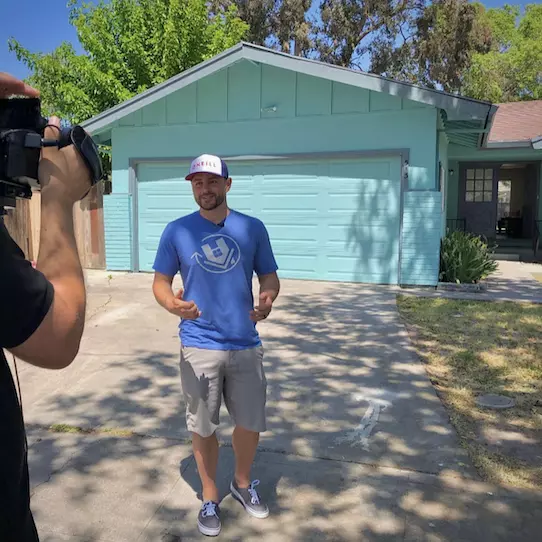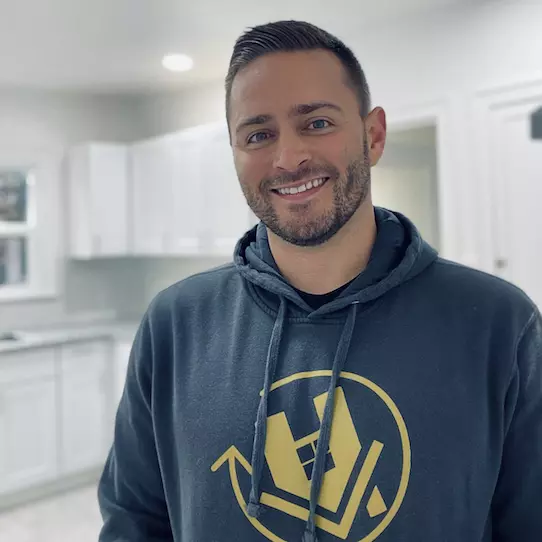Jake Leicht has flipped over 900 houses using 100% other people’s money. “A lot of times, when I talk about OPM,” he says, “whether I’m onstage or making content online? People immediately get skeptical. They think there’s some sort of catch. They think it’s not entirely possible that you can buy a house, flip it, make a profit on it, all without using anything from your own pocket. And I’m here to tell you, that’s not the case.” Read on for my review of TheFlipSecrets.com.
Investors have it twisted on how you approach a private lender. They think you need to find one first, get prequalified, kiss their butt, mail ’em a Christmas card every December, build that relationship over the years, and then maybe they’ll loan you some money when you find a good deal. If you ask Jake, that’s absolutely backwards. None of that stuff matters. All private lenders care about, generally speaking, is the strength of the property in question. Right? Like, they’re not trying to gamble their money.
“So step one,” Jake explains, “is to find a really good property with really good numbers. There needs to be a big gap between your purchase price and estimated resale value. And ideally, super low renovation costs. That way, you have a maximized profit. If you bring a deal like that to a lender, that lender will look at the strength of the deal and opt to give you money or not give you money based on how much potential profit you have. So if you find a deal, you don’t need to have a lender first to make an offer on it.”
“Actually,” he continues, “you want to have a property locked in under contract and bring it to the lender on your first conversation with them. This gives you higher value, this gives the lender some excitement, and gives ’em a little bit of drive to actually have that conversation and go in depth with you; and that’s the best way to start the relationship. So in the big picture, once we bring a property to the lender, it’s also important that we have a good idea of what we are going to need.”

You can find private lenders and hard money lenders on Facebook, on BiggerPockets.com, on social media, or even just a simple Google search. Depending on who you find and how legit your deal is, they might finance the whole thing and do a profit share with you; or they might only fund like 85% of the deal, leaving you to cover the other 15%. If it turns out to be the latter, and you’re broke as a joke, that doesn’t mean you’re SOL. Nope, you just find a second lender to bridge the gap.
“The reason that the strength of the deal is so important,” Jake adds, “is because these lenders put what’s called a lien on the property. A lien is a mortgage or a deed of trust. It’s essentially a piece of paper that is filed with the county that says the lender has the ability to foreclose on the home if you do something shady as the borrower. This gives the lender a cushion, a safety net. They now have a property that they can take over that’s way more profitable than the amount of money they put into the deal.”
So there you have it. That’s how OPM actually works in the house flipping game. Now that you understand the lending side of it, you know you have one mission: go out and find amazing deals. When you do that, you should be able to get the project fully funded. If you want Jake’s help, he has two ways in which you can work with him: through his Flip Secrets Success Coaching or his Flip Secrets Mentorship Program. No costs were listed on his websites. Overall, though, I got a really good vibe from him.

